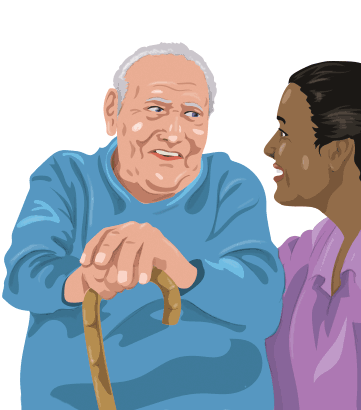

Trusted & Reviewed
4.7 / 5.0 |score based on 60,590 total reviews.
This Care Home Training learning outcomes include; Understand Deprivation of Liberty (DoLS), Moving and Handling of people, prompting medication with Safeguarding Adults (PoVA), BLS, caldicott protocols, spillages, sharps and conflict resolution. Health and safety essentials; Fire and emergency, risk assessments and CoSHH.
Learn more.
Key-points of East Midlands Chamber Training
Pricing
Bulk Pricing Explained
Organisations, Groups and Businesses training 25 or more people with this course pay £25 per person.
Larger orders from Agencies & Enterprises, training 100 or more people with this course, only pay £12 per person.
These bulk discounts are automatically applied at checkout for your convenience.
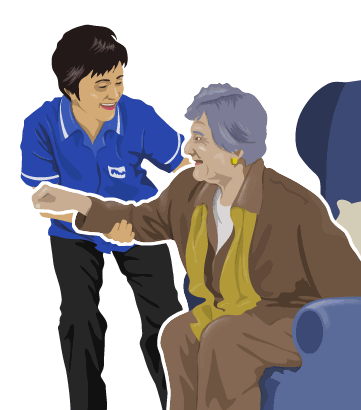
This online course includes all of the 43 lessons above. It is designed to develop the trainees Care Home Training skills for health and safety compliance in the workplace, providing valuable real-world learning outcomes at a high speed. It's used by individuals, groups and businesses to train their workforce across industries including Care Homes & Domiciliary Care, among others.
Provided by East Midlands Chamber Training based in East Midlands, it's accessible at anytime online from an internet connected device at work or home, such as a computer, tablet or smart phone. Teams have access to a highly rated LMS and all successfully completing trainees achieve a Certificate of Completion.
—This Care Home Health & Safety Induction course provides a detailed grounding for those working in the Care Home environment, focusing on those industry specific issues such as People Handling, First Response, Protection of Vulnerable Persons, Infection Control, in addition to the basic principles of workstation safety (DSE), manual handling and fire safety etc.
One of the benefits of this course is its customisation feature option. We understand that Care Homes and other similar organisations sometimes have varying approaches to day to day activities, and so our development team can review your health and safety management practices and training requirements if required, to identify how we can customise the course to match your organisations needs.
Course Tags: care home, induction, hse, lone work, people handling, crb, premises, aggression, safeguarding, vulnerable, POVA, DoLS, equality, diversity, human rights, gay, bisexual, transgender, lesbian, health and safety, social, infection, violence, first aid, conflict, recovery position, basic life support, bodily fluids, legionnaires disease, legionella, food hygiene, award, level 2,
Book a free consultation with an experienced specialist to find the right course or create bespoke custom training for your team, there's no commitment.
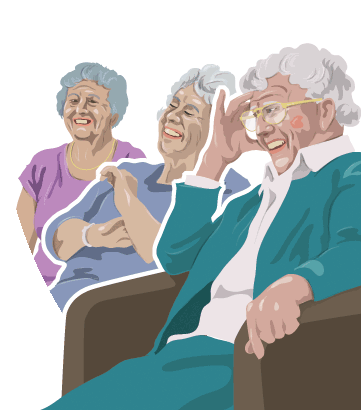
Safely implement activities for elderly people as a coordinator and understand reminiscence, preconceptions and encouragement using a person centred approach within a care home or social care environment.
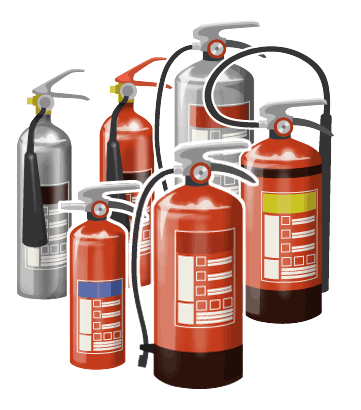
Fire Marshalls and Fire Wardens theory, including fire extinguisher types, fire doors, emergency lighting, emergency evacuation and other fire safety management concepts such as the fire triangle, conduction, convection and radiation.
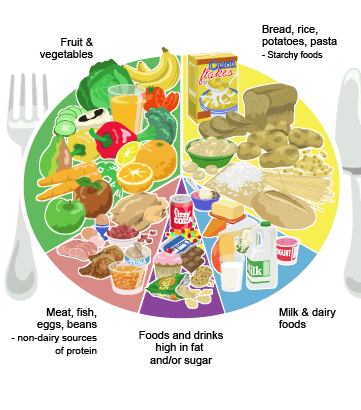
Meal planning for vulnerable persons and their dietary requirements. Learn healthy eating with the 5 major food groups, the importance of allergies and food labelling using the Eatwell Plate and Food Triangle.
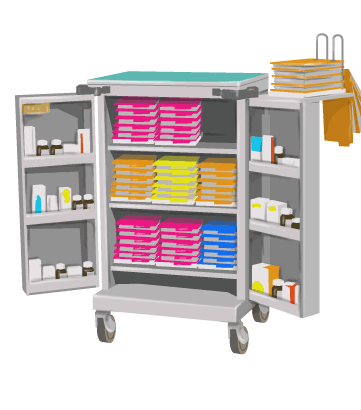
Understand the types of medication, contraindications, groups at risk and consent, as well as the management of prescriptions and the supplies of medicines in addition to storage, disposal of medication, as relevant to healthcare or social care industries.
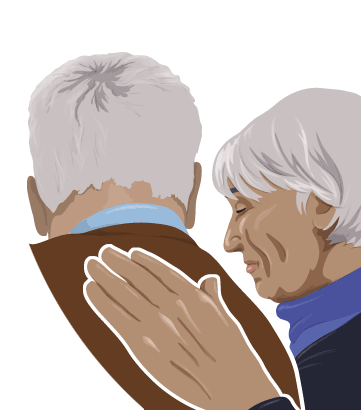
Understand this complex and vulnerable condition to communicate, promote independence and reassure family members. Enable lifestyles to accommodate changes while anxiety is reduced for everyone involved.